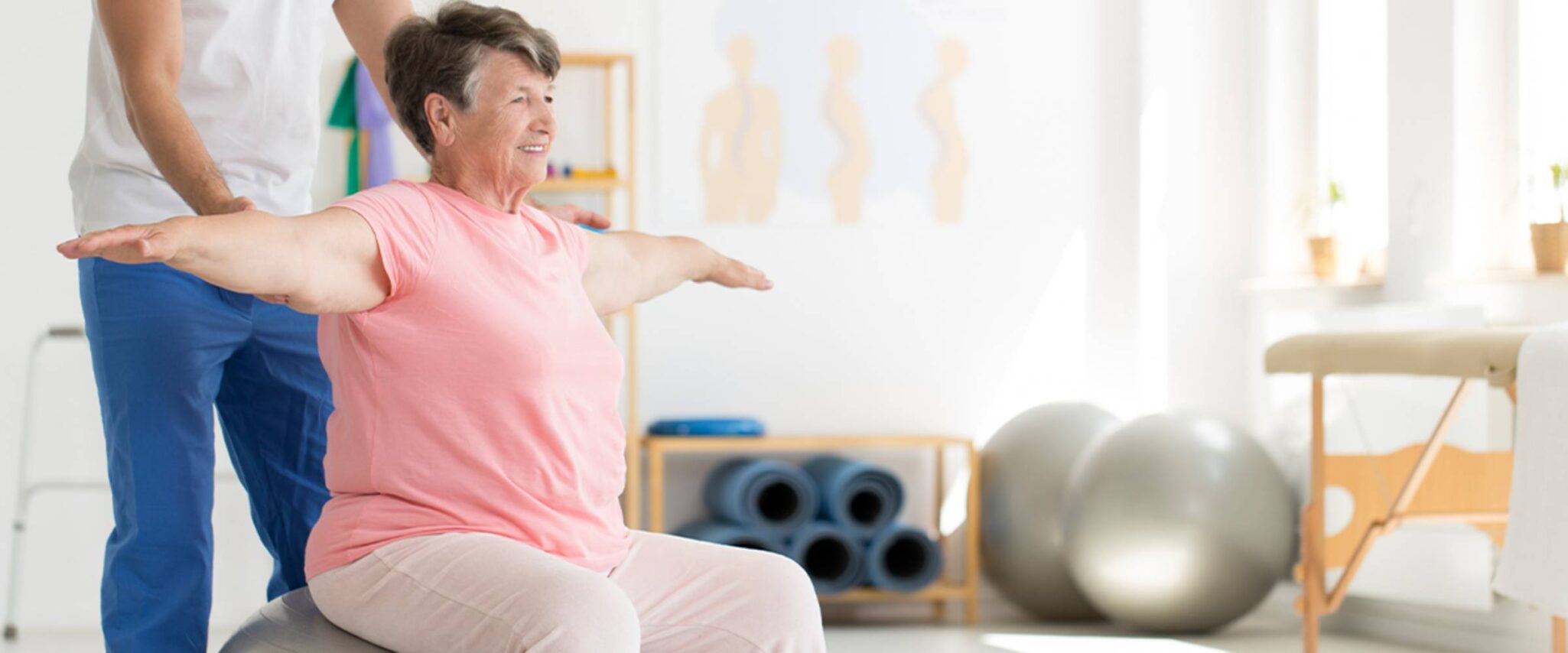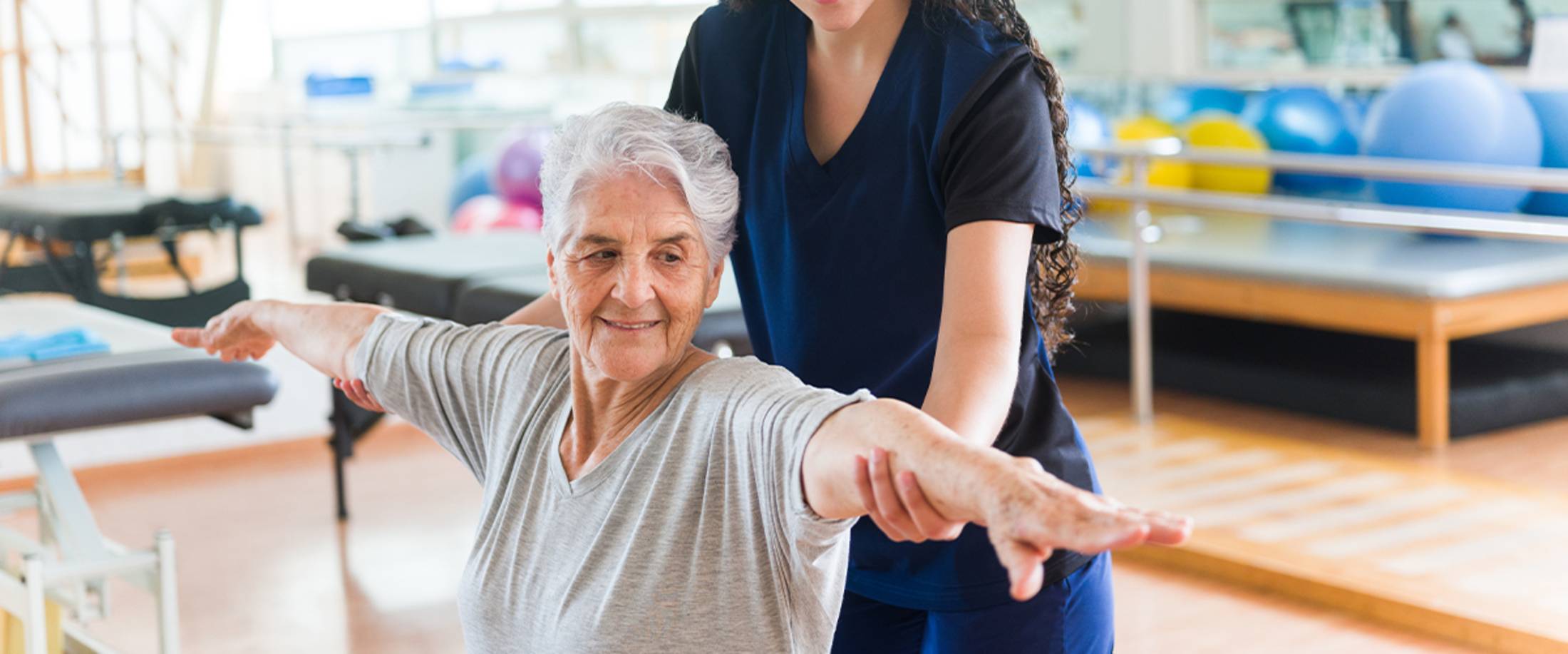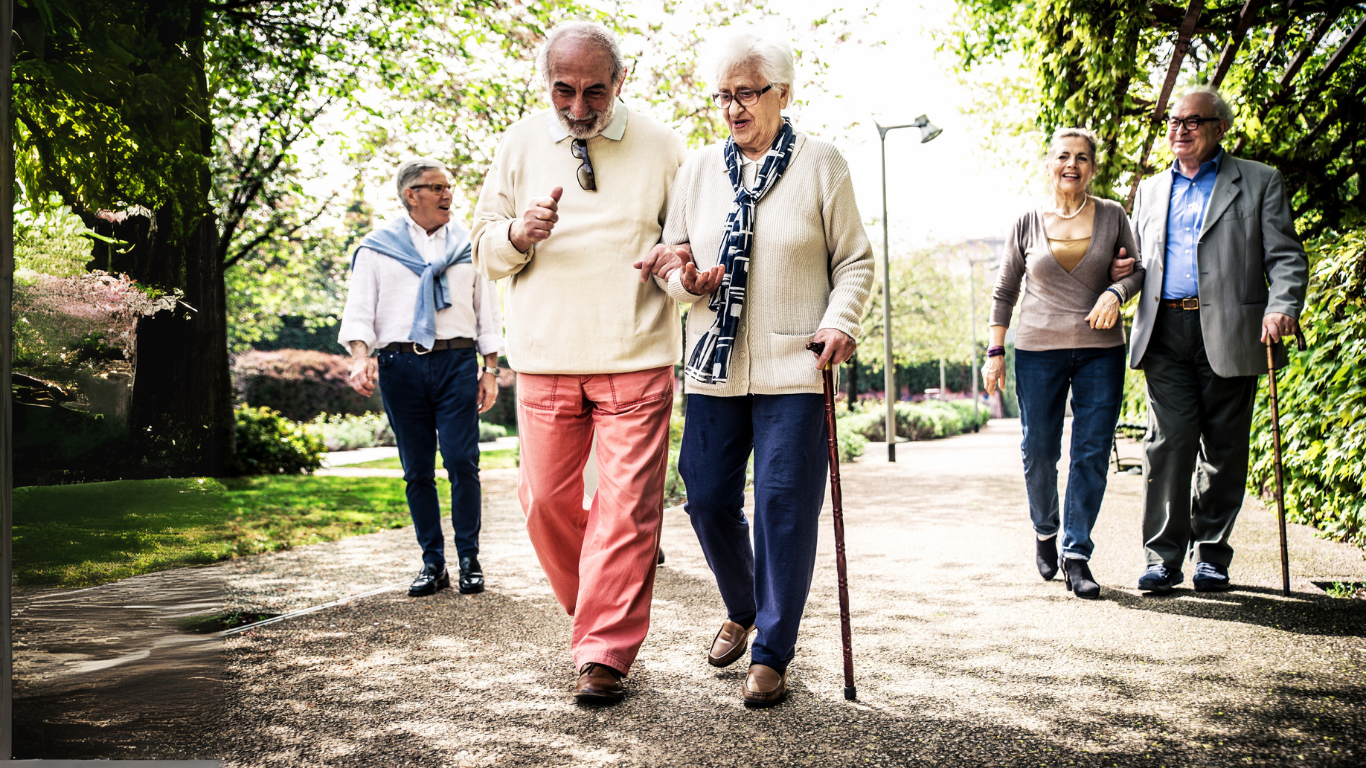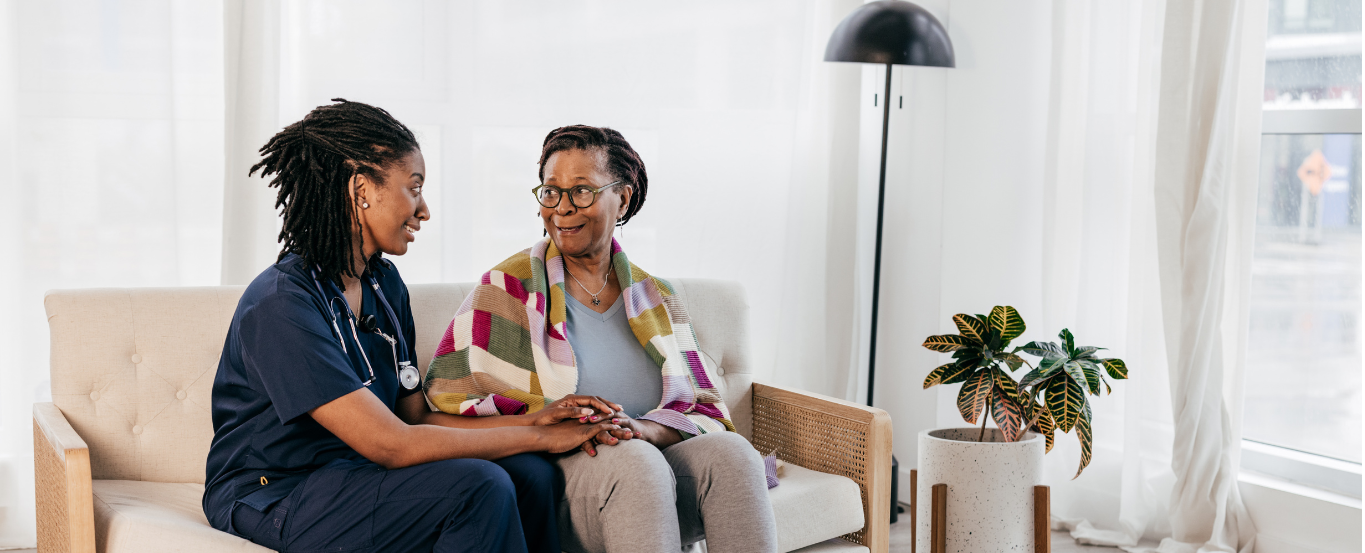What Is the Vestibular System?
The vestibular system is a sensory channel that connects the inner ear to the eyes and brain. This system affects a person’s sense of space, motion and head position. When coordinating properly with the visual system and proprioceptors (the system that controls movement and position), the vestibular system allows an individual to remain physically balanced, sustain straight posture, and stabilize their head and body while moving.
What Causes Vestibular Disorders?
Several health and lifestyle factors can compromise the vestibular system, including
- Poor cardiovascular health
- Neurological disease
- Poor nutrition
- Mental state
- Diminished vision
- Arthritis
- Impaired inner ear function
Each of these causes require a unique approach to treatment, but ultimately a compromised vestibular system can lead to dizziness, disorientation and falls.
How Do Vestibular Disorders Affect Everyday Life?
Feeling dizzy and unbalanced — sometimes even when sitting down — can greatly impact one’s days. Someone living with a vestibular disorder may stare at the ground to be sure of their footing, and they may be more sensitive to changes in the surfaces they’re walking on. Some experience joint pain due to tension or difficulty keeping their balance. They may be more sensitive to or irritated by visual cues, including traffic lights, computer monitors, bright lighting and televisions. They may even find it difficult to focus on objects. Loud or sudden sounds may make them feel dizzy, and the condition may diminish their sense of hearing overall.
These challenges can not only put strain on a person’s sense of confidence and comfort in everyday situations, but they can also cause a person to feel constantly distracted, forgetful and disoriented. A deep feeling of anxiety often grows from this unease. Symptoms of a vestibular disorder can be mistaken for laziness or drunkenness by people unfamiliar with the condition. The mental changes that arise around a vestibular disorder and feeling misunderstood by those around them can lead a person to lose their sense of self, which can sometimes lead to depression.
How Can Rehabilitation Help?
Rehabilitation, along with counseling, is an important part of the coping process. With an accurate personal assessment, expert team members and a smart plan, symptoms of vestibular disorders can be reduced.
Vestibular rehabilitation centers around individualized exercises designed to lessen dizziness, vertigo, imbalance and gaze instability. Each exercise is designed to promote compensation within the brain, teaching it to rely on other parts of the nervous system to make up for the failing vestibular system. The three most common types of exercises are balance training, habituation and gaze stabilization. Each of these exercises may not be appropriate for every case, so a well-trained team will help you determine which ones will help each individual.
Balance training will help increase stability during common tasks and in the face of common challenges. Habituation exercises are designed to treat some of the symptoms of dizziness with mild exposure to potential triggers. Gaze stabilization can help a senior focus on objects when turning their head, or these exercises can help seniors use the strength of their vision to compensate for a vestibular disorder.
U.S. News & World Report gave Freedom Pointe at The Villages the Best Nursing Home Short-Term Rehabilitation Award 2019-2020.
If you’d like to know more about how our skilled team can help you grow your confidence through physical therapy for vestibular disorders, please contact us. We would be happy to talk about your unique situation and what we can do to help.





